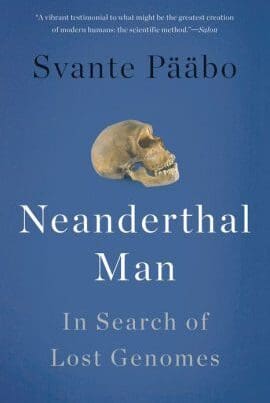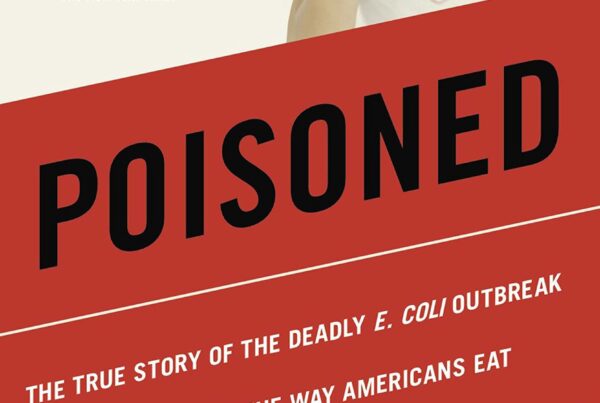According to the CDC, 1.2% of the U.S. population has active epilepsy, or 3.4 million people. It is mostly controllable with medicine, but can still come on suddenly, causing physical harm from falls and accidents.
Kurt Eichenwald, a New York Times bestselling author and senior writer at Newsweek and the New York Times, tells the heartbreaking yet inspirational story of living a life with epilepsy in his page-turning memoir, A Mind Unraveled. Eichenwald recounts his daily struggle with the disease and his tenacity in fighting to survive and, ultimately thrive, amidst the many medical, personal and professional obstacles in his way.
When Eichenwald was diagnosed at the age of 17, years of medical misdirection followed. His father, a specialist in pediatric infectious disease, sent Eichenwald to a pediatric neurology researcher. After Eichenwald was told that epilepsy was causing his staring spells, the researcher refused to answer his questions, saying, “Don’t start feeling sorry for yourself, there are children dying from cancer. Those kids only wish they had epilepsy.” He warned Eichenwald to keep the disorder a secret from friends, school administrators and prospective employers, essentially condemning him to a life of failure and isolation.
Eichenwald, like many others with epilepsy, admits he’s dependent on neurologists because they hold the key to stability. Unfortunately, over the years he has been subjected to a series of ill-informed doctors who have prescribed medicines without proper protocols and psychiatrists who have not believed his diagnosis.
At one point, his speech was slurred and he had daily seizures, which caused so many injuries he could barely walk to college classes. A new doctor tested his blood and found his medicine was at toxic levels. Still, Eichenwald managed to graduate with academic distinction and succeeded in building a distinguished career.
Even after all he’s been through, Eichenwald doesn’t present A Mind Unraveled as a story about getting revenge on those who wronged him in the past. It’s more an eloquent exposure of the hurdles the disabled face and a testament to the fortitude and determination that Eichenwald himself has maintained throughout life. In the end, Eichenwald concludes that his life with epilepsy has made him the man he is today, and that the sheer will to live a life of meaning is worth fighting for.


